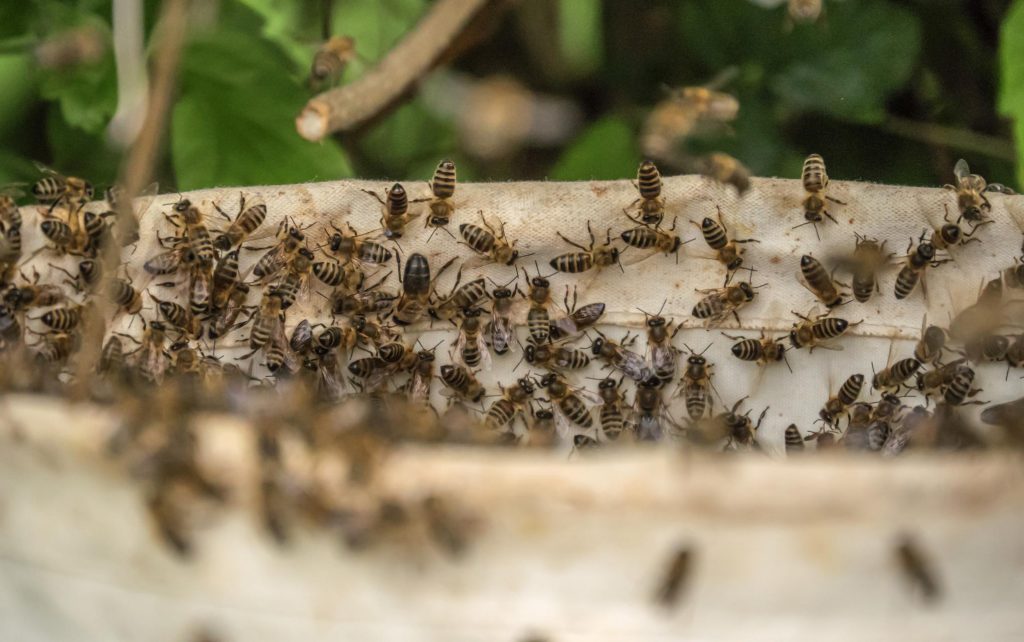Wasp and Bee Pest Control in Geraldton - Treatment and Removal
Bees and wasps in small amounts are actually fine and help keep mother nature’s wheel turning as major pollinators, but when you have a nest, then a few varieties can be considered pests as they can sting very badly. Bees tend to only sting when provoked as a last resort, but some wasps can be quite aggressive.
Normally there will be a hive which is too close to your property and you may be attracting them with sweet odours and foodstuffs. We will normally remove the hive safely and relocate it without having to kill them.
Why You Need Wasp and Bee Removal
You should never deal with a wasp hive or beehive yourself. They can be in very difficult to reach places, are easily disturbed into defence mode and can sting quite severely. If you have elderly, young children or anyone with an allergy around you are increasing the dangers. They are active in the daytime the same as us so don’t take any risks.
Call the experts as we will remove them safely without any risk to you or them. Wasps or bees don’t really do any harm to your property or even yourselves as they are not pests as such, but European wasps can sting multiple times and are the number cause of pest-related hospitalisation in Australia.

Common Signs You Have a Bee or Wasp Nest Nearby
Wasps and bees usually make nests near an abundance of flowering plants in meadows, orchards, woodland and gardens. They usually build their nests in tree cavities but can sometimes use wall cavities and guttering or protection. In some instances, they can build a nest underground.
Signs are obvious during the day as you will just hear them and see them, they’ll generally ignore humans unless we get too close, which can be a problem if you suddenly need to approach or use that area. Simply call the experts and we will relocate them with the minimum of fuss and usually, there is very little risk of return.
